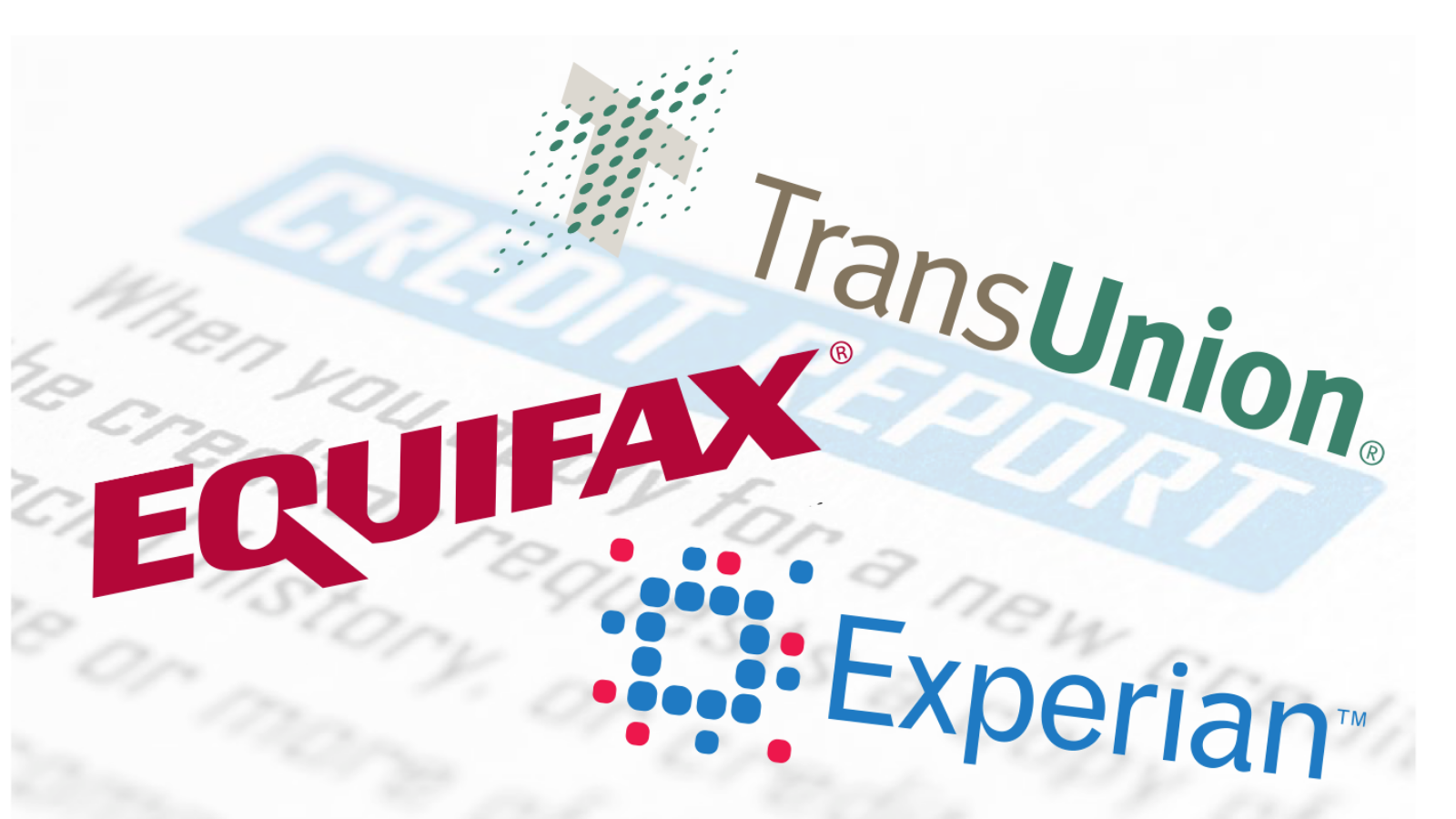
Should we fire the Big 3 credit bureaus?
President-elect Biden's platform includes a proposal to replace the private credit bureaus with a public credit registry. Here's why it's a worthy idea.

President-elect Biden’s platform includes a proposal based on a paper from Amy Traub of Demos to replace the private credit bureaus with a public credit registry. There are innumerable reasons it’s a worthy idea.
Congress passed the Fair Credit Reporting Act fifty years ago last month, and it’s been a long uphill — largely unsuccessful — slog to rein in the Big Three credit bureaus. They serve their investors, and their business customers, but not consumers. Instead of continuing to try to change them, we should consider changing the system.
As Amy Traub and fellow expert Chi Chi Wu of the National Consumer Law Center explain in an op-ed in The Hill this week:
“Credit reports and credit scores play an outsized role in our economic lives. They determine our ability to obtain credit and its price; whether we can buy a house or rent an apartment; and even our ability to get a job. A credit report can make or break a consumer’s financial life. […] This solution [a public credit registry housed in the CFPB] recognizes that access to consumer credit is a public good and would promote that public good by establishing a public institution to replace the private companies that now control credit reporting.”
The 1980s and early 1990s were a period of great consolidation of the credit reporting industry, ultimately resulting in an oligopoly of just 3 national companies — Equifax, Experian and TransUnion (plus a number of smaller specialty credit bureaus for tenant screening, bounced check clearinghouses, workers’ comp claims and more).
At that time, state attorneys general and the FTC issued remedial enforcement orders and Congress investigated the massive numbers of consumer complaints that accompanied this consolidation. We began a continuing series of reports with 1990’s “Credit Bureaus: Number One Complaint At the FTC.” Thirty years later, we’re still writing reports, now about how credit bureaus continue to lead the CFPB in complaints, with massive increases in complaint volumes due to the pandemic’s harm to family finances. The complaint agency has changed, but the credit bureaus have not.
Amy Traub and Chi Chi Wu also expain how the pandemic’s economic impacts have exposed a credit reporting system that has “serious structural problems, which have become more glaringly apparent as the COVID-19 pandemic decimates the health and financial well-being of millions, especially Black, Brown, and low-income communities” and how it has perpetuated the racial wealth gap. Persons of color have lower credit scores due to this gap, meaning that the credit reporting system needs to be fixed so it is fair to all.
Further, Congress learned something consumers already knew after the recent Equifax breach: “we’re not their customers, we’re their product.” The credit bureaus, or consumer reporting agencies (CRAs), collect and sell information about us, without our permission, and we cannot stop them. By the way, the Demos paper describes a 7-year transition to the public registry, during which time consumers will finally gain the right to opt out of one or all of the private credit bureaus selling their information.
The information the bureaus sell is often wrong and they don’t do much about the mistakes when consumers complain. Under the profit motive that drives the Big 3, it is not in their interest to have robust consumer dispute systems, so they often farm accuracy reinvestigations out to cheaper foreign affiliates that pay their employees on the basis of “solving” an impossible number of disputes per hour. After a major FTC study documented that over 1 in 5 consumers have an error and 1 in 20 have a serious error on a credit report that would cause credit denial or force a consumer into paying a higher price for credit, two leading consumer protection attorneys, Len Bennett and Sylvia Goldsmith, explained to 60 Minutes that a second, more insidious reason for using foreign affiliates is to add another layer of corporate separation to make it harder to sue them (video and the script to a 60 Minutes episode where reporter Steve Kroft visited such a credit bureau affiliate in Chile).
Meanwhile, knowing that consumers are scared of mistakes that lower their credit score or identity thieves that steal their data, the bureaus successly created a lucrative line of overpriced credit monitoring and identity theft subscription products that consumers think they need because of the bureaus’ own failure to do their jobs. The FTC’s and CFPB’s modest civil penalties against the bureaus have largely been for deceptive marketing of these products, not their abject failures to achieve the law’s “maximum possible accuracy” requirements.
Rich Cordray, the first CFPB director, often called credit reporting a “dead-end market.” Why? Because consumers cannot pick their credit bureau. They can pick a new bank — vote with their feet — if unhappy with a bank’s treatment. They can pick their friends, but not their credit bureaus. Consumers are stuck with the 3 credit bureaus. They cannot choose. A marketplace without choices is one that needs strong regulation, or a public alternative.
We’ve tried stronger and stronger regulation for 50 years. We continue to strongly support the House-passed credit reporting reforms this year, based on a multi-year investigation by Chairwoman Maxine Waters and the Financial Services Committee. Enactment of that reform package would make a big difference. But maybe it’s time to go even bigger by switching to a public alternative. Maybe it’s time to fire the Big 3 credit bureaus.
Cover image: i_frontier/iStockPhoto
Topics
Authors
Ed Mierzwinski
Senior Director, Federal Consumer Program, PIRG
Ed oversees U.S. PIRG’s federal consumer program, helping to lead national efforts to improve consumer credit reporting laws, identity theft protections, product safety regulations and more. Ed is co-founder and continuing leader of the coalition, Americans For Financial Reform, which fought for the Dodd-Frank Wall Street Reform and Consumer Protection Act of 2010, including as its centerpiece the Consumer Financial Protection Bureau. He was awarded the Consumer Federation of America's Esther Peterson Consumer Service Award in 2006, Privacy International's Brandeis Award in 2003, and numerous annual "Top Lobbyist" awards from The Hill and other outlets. Ed lives in Virginia, and on weekends he enjoys biking with friends on the many local bicycle trails.
Find Out More

Protecting the public from unsafe recalled cars

Apple AirPods are designed to die: Here’s what you should know

New report reveals widespread presence of plastic chemicals in our food
